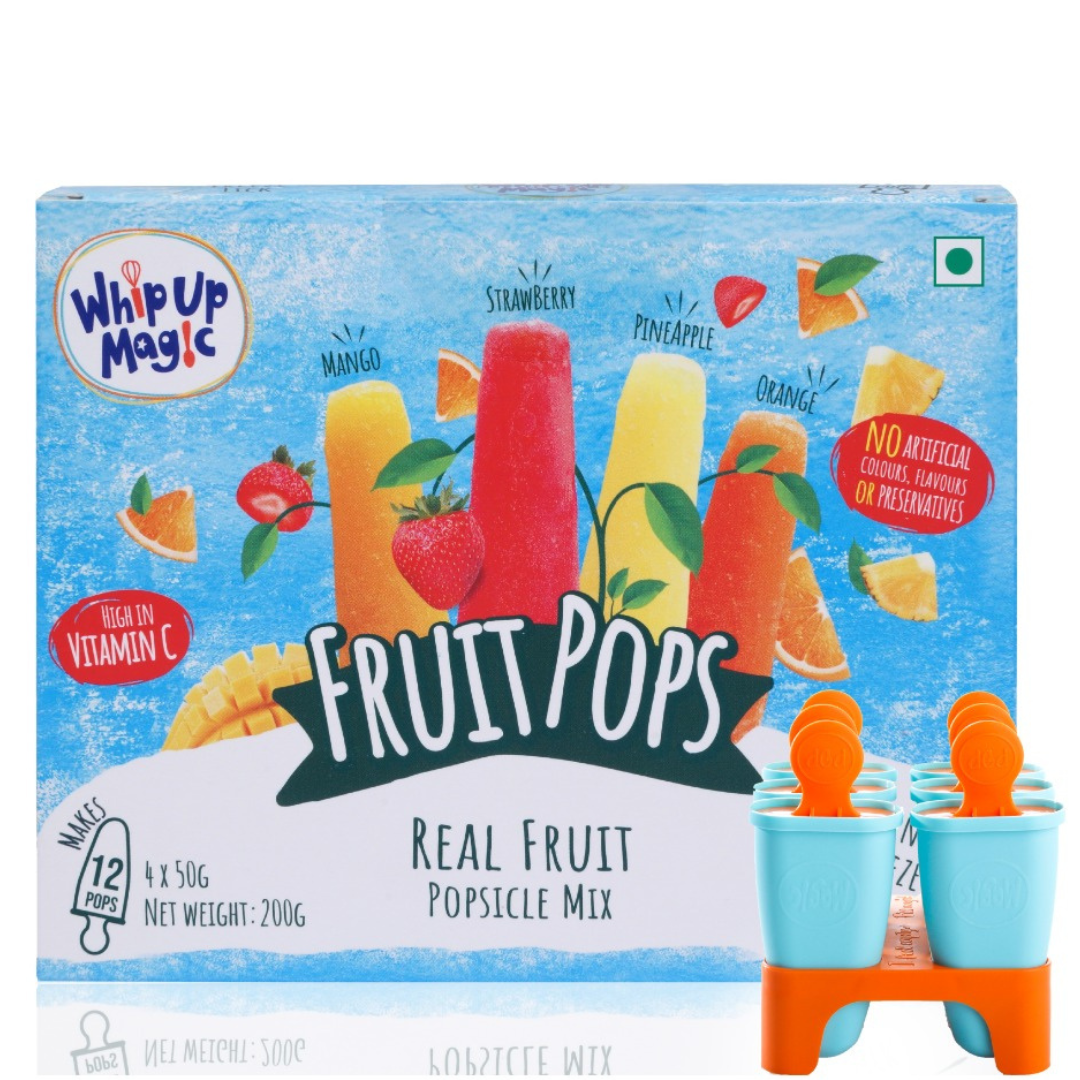A child's mind is always active and eager to learn, this is why giving them adequate resources is important. You’d have often seen your toddler run to the kitchen and have a jolly good time treating themselves to the leftover candies or enter their own fantasy world with utensils and other kitchen supplies, we as adults often stop them from doing so for their own safety. But we are here to tell you why the kitchen could be the next gateway to learning.
1. Learning to take initiative:
Cooking is no piece of cake, it's a carefully constructed mix of science and art. Giving your tiny tot a chance to cook gives them also a chance to learn about being independent and doing things for oneself. Famous developmental psychologist Erik Erikson talks about how ages 3-6 in a child are of importance in learning to take initiative, this occurs through planning activities, facing hurdles, overcoming them and accomplishing activities, it helps give them a sense of self worth.
2. Exploring creativity and art:
Hand over some dough to a child and you’d be amazed by the shapes and ideas they’d come up with. The kitchen gives children a blank canvas to experiment with. The wide variety of colors that one would find in the food section can easily grab the attention of children and they could play around to build the dish of their choice. Small tasks like shaping, cutting, following a recipe etc are areas children could use their creativity in.
3. A fun take on ABC's and 123’s:
Learning to name things in the kitchen and a practical class on the various sizes, quantities and shapes while also cooking with some yummy treats doesn't sound as boring as a theory class would. A day in the kitchen would help them relate their ideas on these concepts to visual images. You’d find your toddler picking up the concept of conservation (. i.e The logic that a liquid or any object of a given quantity will not change its measure depending on the utensil it's put in) or the concept of changing states of matter (i.e how there are different states of matter and how it can change its state by various processes such as heating, cooling, freezing etc - the most common activity to teach this being making ice lollies or fruit pops) much quicker than you’d expect.
4. A beginners class on communication and social etiquettes:
A kitchen is filled with items one could use to cook. Communicating- be it verbally or non verbally is the only way to find your way here, a child can pick up various social skills here such as cooperation, listening, sharing etc and build relationships while also learning to spread some jam on bread! Social etiquettes for children would include small steps such as learning to eat from the plate, trying not to spill food, learning to use utensils and napkins etc, these could be easily taught in the kitchen through some fun activity.
5. Not everything goes according to plan!
What better place to teach your child that sometimes plans don't work and when that happens we must not lose hope. A kitchen presents problem solving situations almost everyday- either we don't have the ingredients to cook something or the batter has been overmixed or the juice is too sweet… the list is endless. A child can learn that even if things don't go according to the plan, we can always problem solve! By substituting the recipe list with the ingredients we have at home, adding some more flour to the batter and kicking in a pinch of salt to even out the sweetness, the child gets the idea that most often things can get fixed!
Different learning at different age groups:
According to psychologist Jean Piaget, children move through different stages of mental development at different age groups.
- From birth up till around 2 years of age, the child picks up sensory and motor information, here the child's senses guide them to learn.
- 2-7 years is when symbolic thinking, use of language and imagination develops. It is at this stage that a parent or a significant adult in the child’s can help the child learn a plethora of ideas and values. Being around the child and playing with them helps them learn and grow as healthy adults.The kitchen gives a safe and healthy environment for the child and parent/significant adult to interact and have some fun. The child learns to use language to articulate their ideas. On doing this the parent should make sure the child is heard and respond accordingly, they can be taught various things such as names of objects, shapes, colors, and even basic arithmetic along with other social skills.
- 7-11 years is when the child learns about more complex ideas such as time, space and measures. Here it's appropriate to let your child measure and use ingredients in a recipe list.
- 11 years and older- Children start learning to use abstract thinking, theoretical, hypothetical and counterfactual thinking develops, so a child starts understanding the underlying process while cooking.
The kitchen and cooking can be a playground to learn for tiny tots provided an adult guides them in the right way. Don't shy away from welcoming your toddler to learn and invent with food, for all you know they’d probably help you with it sooner than you can imagine!


